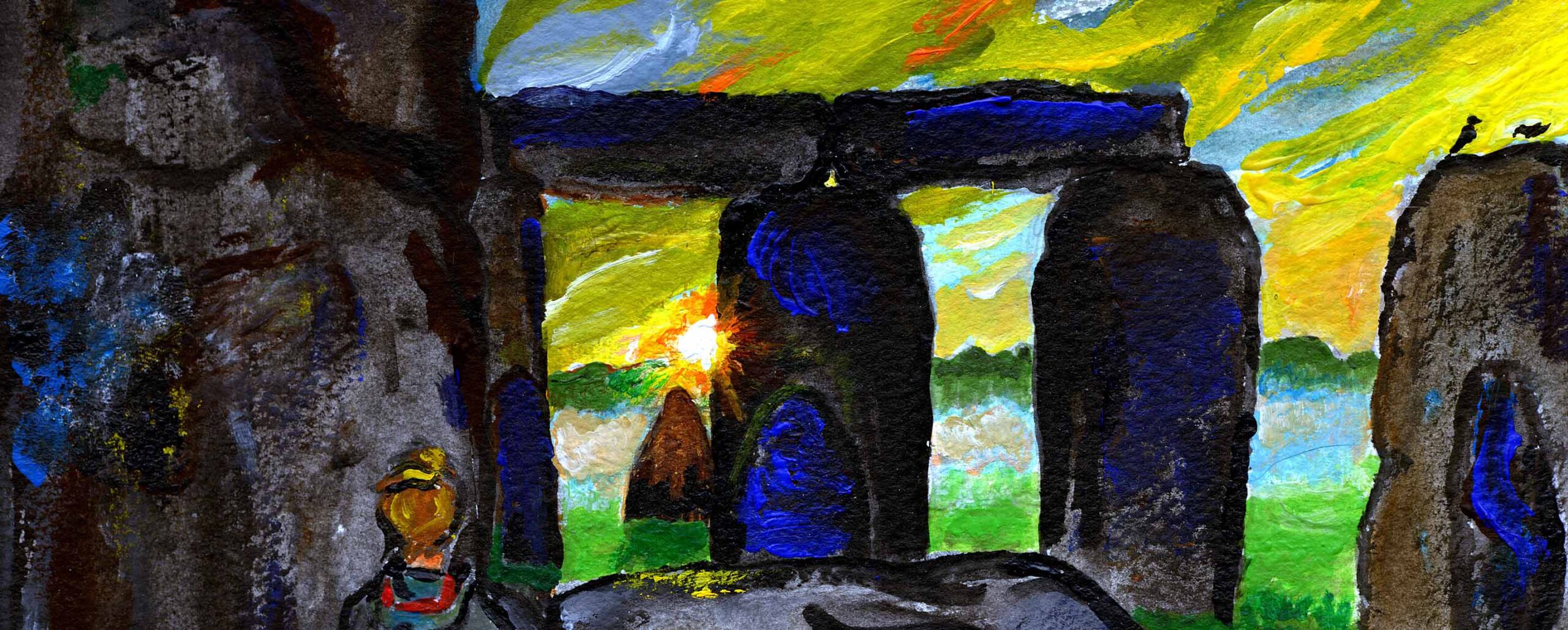You’ve heard about the disaster at Derna in Libya. Dam burst, twenty thousand killed, a quarter of the city destroyed. There is for me an extra twinge of sadness.
I was stationed at Derna in the later part of my army service, as an indirect consequence of the Suez war. It was a sweet little town.
So in my Berenice’s Hair I identify it with the mysterious Irasa. The story is that, about 630 BC, Greek colonists from the island of Thera landed on this coast, and local Libyans offered to lead them to the choicest spot. Cunningly they led them past Irasa in the night. So the capital was founded farther west, at Cyrene, and eastern Libya is called Cyrenaica. No one knows where Irasa was, and I make Berenice, princess of Cyrene, go on a “Quest for Irasa.”
Around Cyrenaica runs a narrow coastal plain, then a scarp rising to what I call the Second of three Steps. Cyrenaica, raised by its Steps into moist winds that come along the Mediterranean, is green compared with the desert inland.
The Wadi Derna comes down through the scarp. Like other watercourses called wadi in Arabic or wash in Arizona, it is dry most of the time.
Derna town’s population was certainly far smaller than the number now killed. It was in the middle of the delta of the river, on the left bank. We were in barracks that had been an Italian hospital, on the cliff to the east. We looked down on the large harbor that was on that side. (In which I once thought I saw a submarine monster, hundreds of yards wide; it must have been a shoal of fishes.) I used to go down and into the town over the bridge. I started learning Arabic from a little boy who supported his family by selling juice, with the same name as the king, Idris. My Irish sergeant friend, Paddy, communicated more because he could speak Italian. The heart of the town was a small cool tiled piazza, surrounded by a colonnade and openings to leafy-trellised streets.
One evening a week, I went around the perimeter road of the delta to a villa and up a stair to a room where Maltese Colonel Grech, of the dental corps, played gramophone records for us. It was there that I first heard Dvorak’s “New World Symphony” and was enthralled by its torrent of forest tunes.
And we walked along the cliff top to the east, with sea caves and natural arches. And up the wadi to the dammed lake.
Derna was a speck inside the great ring of the Turkish wall. I have often thought that it was doomed to sprawl. All populations have grown; Libya has oil prosperity; tourism has overrun the places that were adventures. Derna was only one of the attractions of this coast. Ras el-Hilala, “headland of the crescent moon,” with beach and cave; pool cataract in the rock maze above it, where we once camped on a ledge; a bee farm; ruins of several other cities of the Greek Pentapolis; the drowned city of Apollonia; above all Cyrene in its cleft of the upper scarp.
Libya is hostile to tourists. If it starts to welcome them, hotels may become more numerous than the scorpion spiders that blow in through their windows.
__________
This weblog maintains its right to be about astronomy or anything under the sun.

Estimado Guy no he vuelto a recibir tus escritos, qué ha pasado es un gran vacío en el correo y tus escritos vivifican a quienes llevamos tiempo sobre este planeta. Escribe por favor.
Estimado Carlos, my blog continues. Please go to http://www.universalworkshop.com, click on “blog”, and subscribe.
These are beautiful memories. I can only imagine your personal sadness for this tragedy.